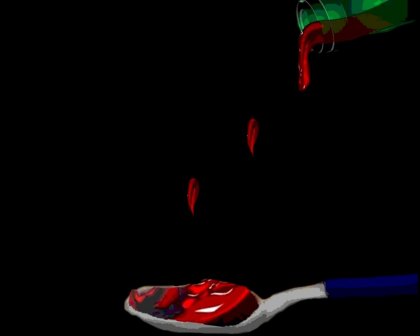Doctors call for a halt to codeine

It is often used, but doctors say codeine is dangerous.
A clinical report published online by the academy, Codeine: Time to Say No, states that response to codeine, an opioid-based drug, “varies from no effect to high sensitivity. Drug surveillance has documented the occurrence of unanticipated respiratory depression and death after receiving codeine in children.”
Codeine is metabolized in the liver into morphine, the report adds. That’s trouble particularly for children who have obstructive sleep apnea. Sleep apnea is a pause in breathing during sleep that can be either a few seconds or a few minutes, according to the National Institutes of Health. Breathing resumes with a snort or choking sound. Sleep apnea is common and not often diagnosed.
A study in 2011 found that codeine was prescribed to more than 800,000 patients younger than 11 years, a greater number than any other opioid in the research. Beyond its use in prescriptions, codeine is in over-the counter cough formulas available in 28 states and the District of Columbia.
This is not the first time that health officials have voiced concerns about codeine. The World Health Organization, the U.S. Food and Drug Administration, the European Medicines Agency and Health Canada have either issued warnings or recommended against its use.
“Most recently, a review by the FDA of the Adverse Event Reporting System data from 1965 to 2015 in children who had used codeine or any codeine-containing products revealed a total of 64 cases of severe respiratory depression and 24 codeine-related deaths, 21 of which were in children younger than 12 years,” the Academy of Pediatrics report said.
The children who died or were in a life-threatening condition generally had been placed on a postoperative pain regimen of acetaminophen and codeine and had undergone removal of tonsils and adenoids for sleep-disordered breathing. But doctors cannot assume that the danger is linked only to surgery. “Improved education of parents,” the report says, “and more formal restrictions regarding its use in children, regardless of age, are necessary.”
Related:
A primer: measles, mumps and rubella
If you would like to comment, give us a shout, or like us on Facebook and tell us what you think.

